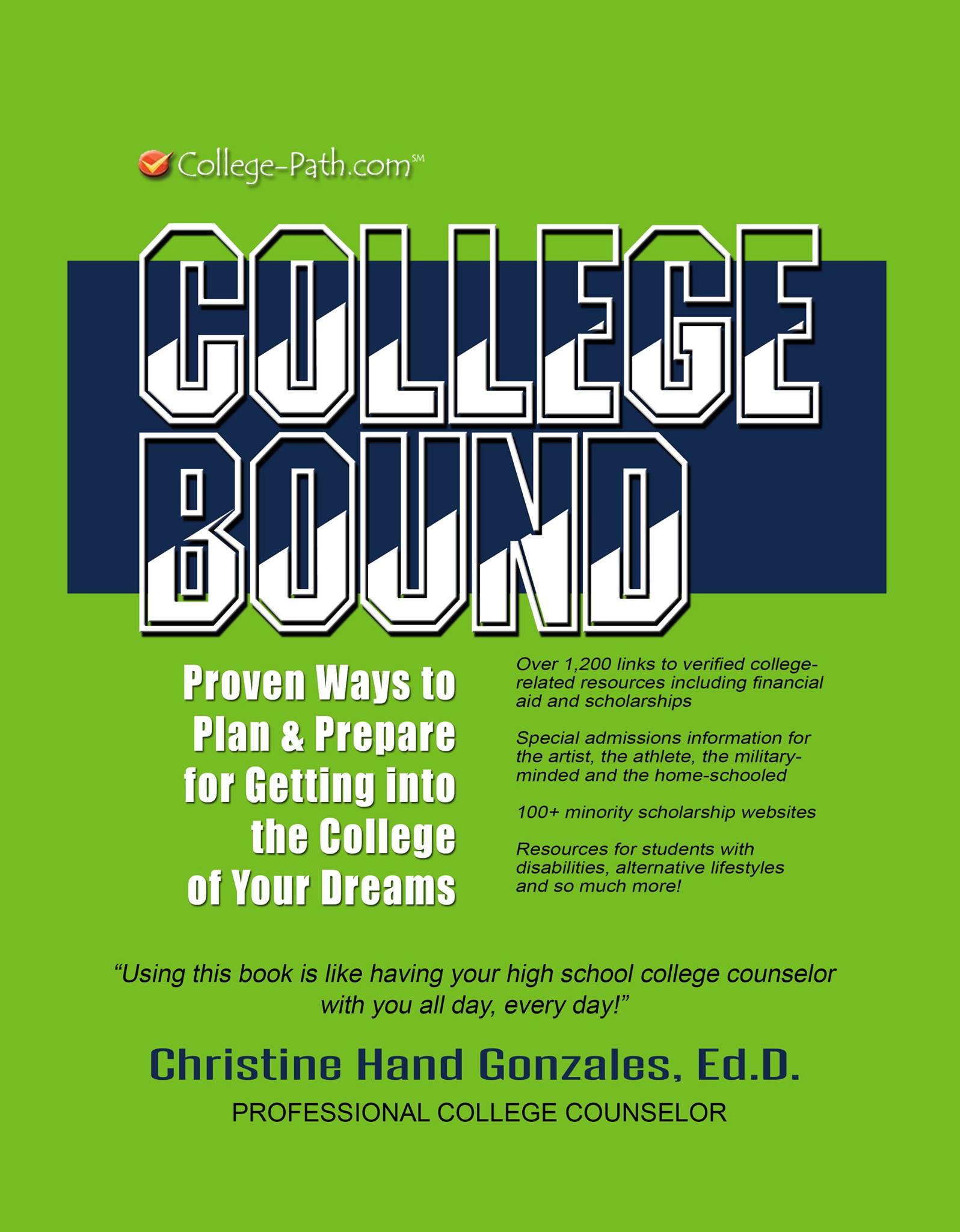How to Email a College Admissions Counselor
 Check Your Email Address First!
Check Your Email Address First!
Yes, you were given a formal name at birth and you may be a creative individual who wants to express yourself with a unique email address, but suddenly you realize [email protected] might not be the most appropriate email address to use. Who is your audience? What impression will you leave on the admissions officer? Every bit of information you reveal tells the college admissions office something about you. I often ask students to think about how their grandparents might react to the address. It may be safer and more appropriate to use your school email address or create one that will be used for all your college correspondence. Read more on clues on emailing your the college admissions counselor.
Honoring Our Heroes This Memorial Day
Reinventing Yourself is a Lifelong Process
 Getting into the college of your dreams is a great adventure. Once there, studying hard, applying your talents, and using the skills you have learned up to that time will be exactly what you should be doing. Then you will graduate, and start on a career path that will be much different than the one your parents traveled. Your career will evolve as the world around you evolves through science, technology, and the changes in culture. You will need to evolve with it, and on the way you will become an expert. Just don’t be surprised if that expertise turns out to be in a different area than when you started.
Getting into the college of your dreams is a great adventure. Once there, studying hard, applying your talents, and using the skills you have learned up to that time will be exactly what you should be doing. Then you will graduate, and start on a career path that will be much different than the one your parents traveled. Your career will evolve as the world around you evolves through science, technology, and the changes in culture. You will need to evolve with it, and on the way you will become an expert. Just don’t be surprised if that expertise turns out to be in a different area than when you started.
You may be an expert at something right now. Maybe you are an inventor, an artist, a writer of short stories. A great accomplishment and strong credential to add to your college application is “author.” If you’ve ever thought about writing a book, write one as an expert and tell someone how to do what you do Then self-publish. A new book by Amy Lorenti – writer, designer and digital media marketing expert – tells you how in A Writer’s Guide to Fame and Fortune – Get the respect you deserve, the work you want, and the money you’re worth. Check it out (available at Amazon.com in paperback and in Kindle books). Writing a book as a subject matter expert may just be the boost your application needs to get you into the college of your dreams.
Admissions Decisions Will Be Arriving Soon! Accepted, Denied, Wait-listed…What’s Next?
 You run to the mailbox (or check your email) every day only to find a letter that is not one of acceptance, and not one of denial either – instead it is a waitlist letter. Colleges use wait lists when they’ve accepted the maximum number of applicants but still view some applicants as well qualified. Fastweb.com describes the wait list as, “a safety net colleges use to fill their class if not enough accepted students enroll.”
You run to the mailbox (or check your email) every day only to find a letter that is not one of acceptance, and not one of denial either – instead it is a waitlist letter. Colleges use wait lists when they’ve accepted the maximum number of applicants but still view some applicants as well qualified. Fastweb.com describes the wait list as, “a safety net colleges use to fill their class if not enough accepted students enroll.”
Most schools send out a letter asking you if you will accept a position on the waitlist. You can choose to accept or refuse this offer. How long you wait depends on the school’s enrollment statistics. Though most students receive a decision in May or June from colleges using their waitlist, others have been known to receive acceptances a week before classes start.
What Are Colleges Looking For In a Student Applicant?
 What are the factors that affect the decisions of the college admissions committee? Some carry more weight in the application process than others. These are ranked from most influential to least. Challenging Schedule; Academic Performance; Standardized Test Scores Consistent with Grades; Rank in Class; Passionate involvement in Extracurricular Activities; Contribution to Community through Volunteer Activities; Application Essay – Personal Statement – Authenticity, reflective, impact-oriented; Letters of Recommendation– Counselor/Teacher; Tipping factors that can play a role in admissions; Interview; Family Ties and Legacy; Internships/Portfolios/Jobs – Out of School Activities; Geographic Diversity; Academic Diversity; Extracurricular Diversity; Ethnic/Racial Diversity; and Socioeconomic Diversity.
What are the factors that affect the decisions of the college admissions committee? Some carry more weight in the application process than others. These are ranked from most influential to least. Challenging Schedule; Academic Performance; Standardized Test Scores Consistent with Grades; Rank in Class; Passionate involvement in Extracurricular Activities; Contribution to Community through Volunteer Activities; Application Essay – Personal Statement – Authenticity, reflective, impact-oriented; Letters of Recommendation– Counselor/Teacher; Tipping factors that can play a role in admissions; Interview; Family Ties and Legacy; Internships/Portfolios/Jobs – Out of School Activities; Geographic Diversity; Academic Diversity; Extracurricular Diversity; Ethnic/Racial Diversity; and Socioeconomic Diversity.
Hyphenated and Slash Careers Lead to More Releases
 Enviro-Psychologist. Students interested in a career may have interest in several majors. Can you combine your interest to have your dream job? If you want your career to take off, make yourself a one-person, cross-functional team.” She wrote, “The job of the future is all about hyphenates — smart people who combine education, interests, and skills to become virtual one-person cross-functional teams. The world is no longer divided into specialists who know everything about something and generalists who know something about everything. Gaining an edge in the future depends on the ability to hone the hyphen — to creatively bundle (and re-bundle) skills and knowledge.”
Enviro-Psychologist. Students interested in a career may have interest in several majors. Can you combine your interest to have your dream job? If you want your career to take off, make yourself a one-person, cross-functional team.” She wrote, “The job of the future is all about hyphenates — smart people who combine education, interests, and skills to become virtual one-person cross-functional teams. The world is no longer divided into specialists who know everything about something and generalists who know something about everything. Gaining an edge in the future depends on the ability to hone the hyphen — to creatively bundle (and re-bundle) skills and knowledge.”Hi-Tech Gadgets!
 Have you been thinking about what you want or need to make high school or life at college easier? Here are a few ideas of hi-tech gadgets that will make others jealous.
Have you been thinking about what you want or need to make high school or life at college easier? Here are a few ideas of hi-tech gadgets that will make others jealous.
An iPad, a desktop or a laptop? Without a doubt, most students will choose one of these options. You may need to think about what computer capabilities you will need to get the job done. Do you need special programs? Be sure your computer needs meet the appropriateness of your choice of studies. How much memory is important to you? Does your school require a laptop? Will you need a docking station in your dorm room? What size monitor do you need? Read more about hi-tech gadgets by clicking here.





